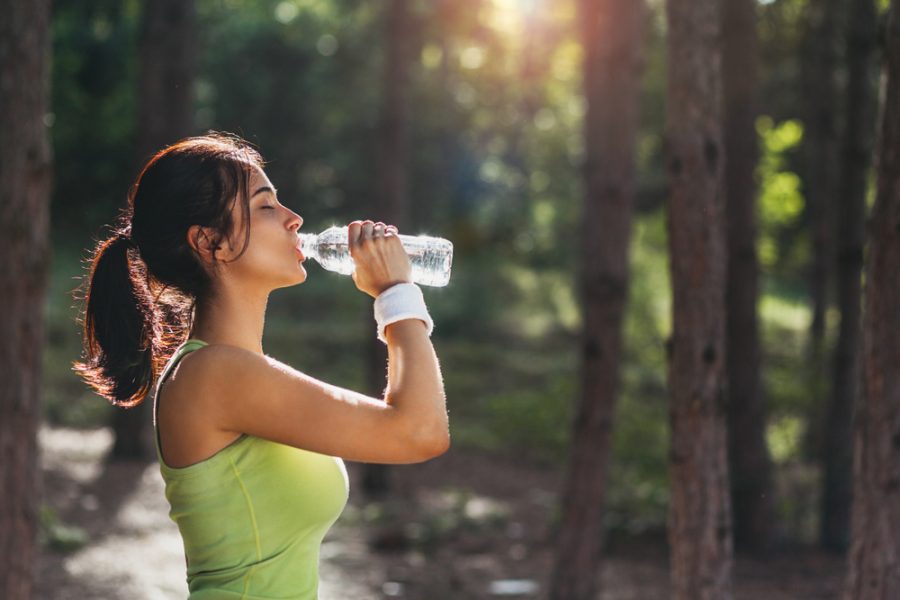Sometimes you need to rehydrate fast. Today we’re taking a look at why rehydration matters, and how you can make it happen quickly.
Why is Hydration Important?
Your body needs water to function. It’s used for cooling, for circulating important compounds, and for maintaining the basic architecture of your cells: water is what fills cells out, keeping them taught.
When you get dehydrated, you lose access the important chemicals dissolved in the water, and to the water itself. Your very cells can shrink. This is one reason dehydration causes headaches: your brain actually shrinks in your skull, causing it to pull at the sections securing it to the bone!
Time to Rehydrate
In day to day life, you’ll stay hydrated healthily simply by eating and drinking when you’re hungry and thirsty: your body will tell you what it needs, and as long as you listen, you’ll be ok!
The times when you really need to think about dehydration are when you’re working out for an extended period, spending a long time in warm conditions (be it a sauna or the sweltering conditions of a July heatwave) or when you’re ill. These times don’t just tax your body more, and lead to your losing more water, they also conspire to make you less aware of your own hydration needs, so the situation can escalate!
Rehydrating Quickly
The key to rehydrating quickly and successfully is to be aware not just of the water you’ve lost but also those important chemicals dissolved in it. These are mostly soluble salts that can hold a small electrical charge called ‘electrolytes’.
These electrolytes are used for lots of important functions in the body: most notably they help your cells maintain the level of hydration they need, so if you rehydrate without also topping up your electrolytes, you might not alleviate any of the actual problems of thirst! In fact, if you drink a lot of water very quickly without any electrolytes you risk entering a state known as ‘water intoxication’ as you dilute the remaining electrolytes in your system!
Trying keeping some electrolytes in pill form in your medicine cabinet. If you’re hiking on a hot day in the middle of summer, or getting ready for an extended workout, or about to do some hard physical labour in the garden, throw them into your kit bag along with your water flask or canteen. If you’re unwell, move them to your bedside. This means that when you rehydrate, you don’t just top up your water levels, you keep your electrolytes at the high level you need for peak performance!

